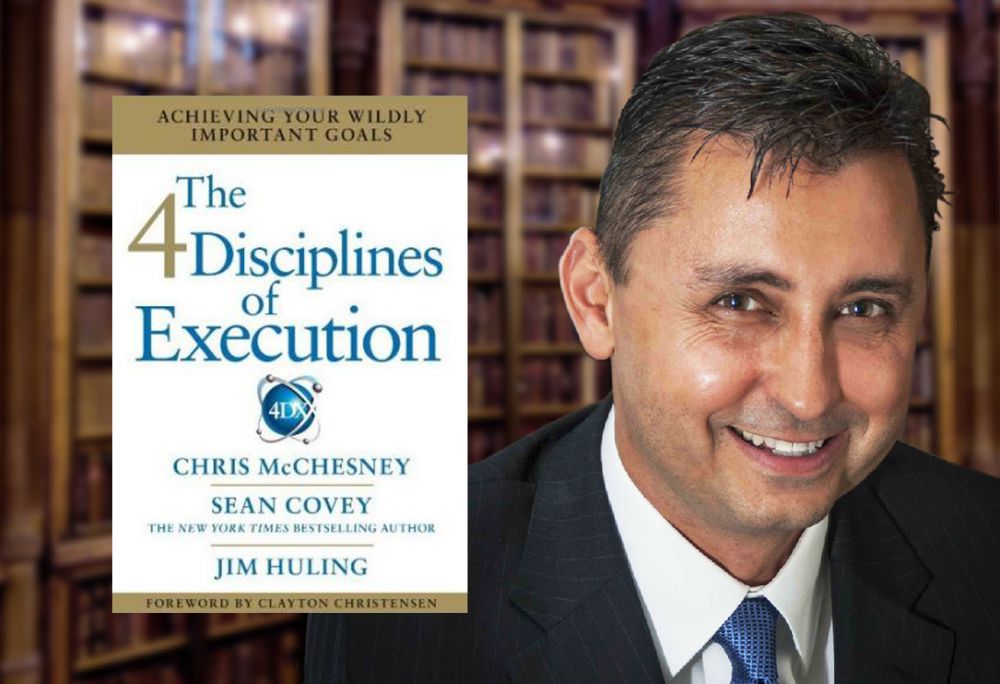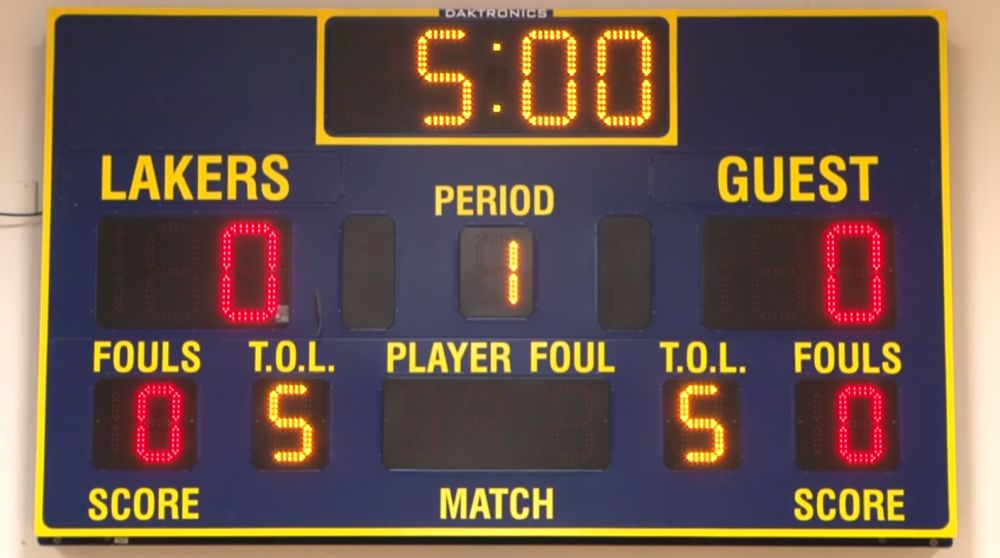Chris McChesney's leadership masterclass: Common execution traps and 4 disciplines to avoid them

Leaders across the world are tearing their hair out.
They're watching their teams being "busy but nothing is getting done."
For most companies, 80% of time and energy is spent in the “whirlwind” (day-to-day workload).
Hence, the leader’s dilemma:
· We must prioritise.
· 20 things need our immediate attention.
At our Close the Execution Gap Masterclass, author of The Four Disciplines of Execution Chris McChesney taught leaders and managers how to use the remaining 20% for executing important goals.
So first step, beware these common execution traps:
The urgency trap
· Doing those urgent tasks over important (less urgent) ones.
· 61% of delegates said in our poll this was their problem area.
Read our case study of one company's year of mayhem.
The complexity trap
· Complex stuff sends people back to their day job.
· 20% of delegates said this was their problem area.
The futility trap
· “It won’t work” – leading to compliant behaviour at low levels, apathy or cynicism at higher levels.
· 19% named futility as the source of their execution problem.
How do we clear the traps?
Break down your big bucket of strategy/plan into 3 smaller buckets:
1. Stroke of the pen tasks: Leadership authority stuff like new hires, capital expenditure, ad campaigns.
2. Whirlwind – Normal work process (financial, ops, customer service)
3. Breakthrough – Things that aren’t getting done in 1 or 2 that require a change in behaviour.
Fun fact: The more goals you have, the less chance of achieving them
A Franklin Covey study of 4000 organisations found that over the course of a year:
· a team with 2-3 goals achieves 2-3 of them with excellence.
· a team with 4-10 goals achieves 1-2.
· a team with 11-20 goals achieves zero.
There will always be more good ideas than there is capacity to execute.
· Entrepreneurs tend to say yes to all the good ideas.
· Engineer types will turn everything in the whirlwind into a goal.
There are 4 proven actions to lift team productivity.
Think of them as rules for creating a breakthrough:
Focus, Leverage, Engagement and Accountability
Discipline 1 - Focus
We think strategic is going big, but strategic is going small.
- What’s ONE thing that’s important but is not going to happen on its own?
- That’s a Wildly Important Goal (W.I.G.).
Customer service, or improvement in quality, increasing new accounts, reduction in client turnover – these are all good WIGs. High value targets where the organisation isn’t going there naturally.
W.I.G. examples:
· Increase New Customer Revenue Growth from 14% to 30% by December 31.
· Reduce unsafe incident reports from 15 per month to 0 p.m. by December 31.
Each team then has a sub-goal, a Team Wildly Important Goal.
Team W.I.G. examples:
· Decrease customer returns from 5% to 1.5% by Dec 31
· Reduce lifting injuries from 3 p.m. to 0 p.m. by December 31.
Discipline 2 – Act on the Lead Measures
A Lead measure is what leads to a result. “If we consistently did this, we would get the result.” It is something we can influence.
If you’re trying to lose weight:
· The number on the scales in the LAG measure.
· Diet and exercise is the LEAD measure. These are within my influence.
If your lag measure is Increase number of new accounts your lead measures might be the number of executive presentations.
If your lag measure is Reduced accidents – your lead measure could be compliance to safety standards.
If your lag measure is Reduce plant shutdowns – your lead measure could be preventative maintenance.
Discipline 3 – Engagement. Keep a compelling scoreboard.
People play differently when they are keeping score.

(Image: Wyatt Determan, CC BY-SA 4.0 <https://creativecommons.org/licenses/by-sa/4.0>, via Wikimedia Commons)
Compelling scoreboards:
· Are simple and highly visible.
· Have the right lead and lag measures.
· Show immediate results.
Discipline 4 - Create a Cadence of Accountability
Good execution comes from putting energy against non-urgent activities.
· What are the 1 or 2 most important things I can do this week to impact the lead measure?
· If you’re losing weight it might be sign up to the gym & buy ingredients for a healthy meal.
And while, yes, you should assume others are doing the best that they can, hold a weekly WIG meeting to report on last week’s commitments, review and update scoreboard, make commitments for next week.
Summary:
As Chris McChesney says, this past year has thrown up more complexity than ever.
We are worried about our jobs, our kids, our parents, our health.
But execution has the ability to boost morale.
It's soul crushing not to achieve stuff. Getting things done that matter is satisfying.
And, while that's not going to solve every problem right now, it's sure going to help.
You may also like: 21 QUOTES TO TURN STRATEGY INTO ACTION FROM 4DX
If you'd like to increase your professional development in 2021 why not consider becoming a member of The Growth Faculty? One membership, unlimited access to 30 live virtual Time For Transformation masterclasses and the best live virtual events - PLUS year-round leadership content On Demand with videos, podcasts and book summaries. Join a community of knowledge seekers who are inspired by the best. Access $4350+ value for just $398 AUD. See who's up next.


 Australia
Australia
 European Union
European Union
 New Zealand
New Zealand
 United Kingdom
United Kingdom
 United States
United States
 Singapore
Singapore

